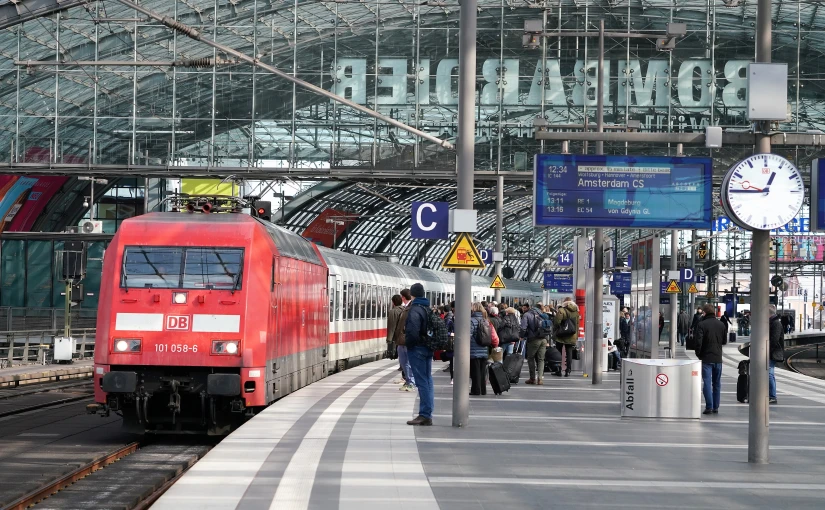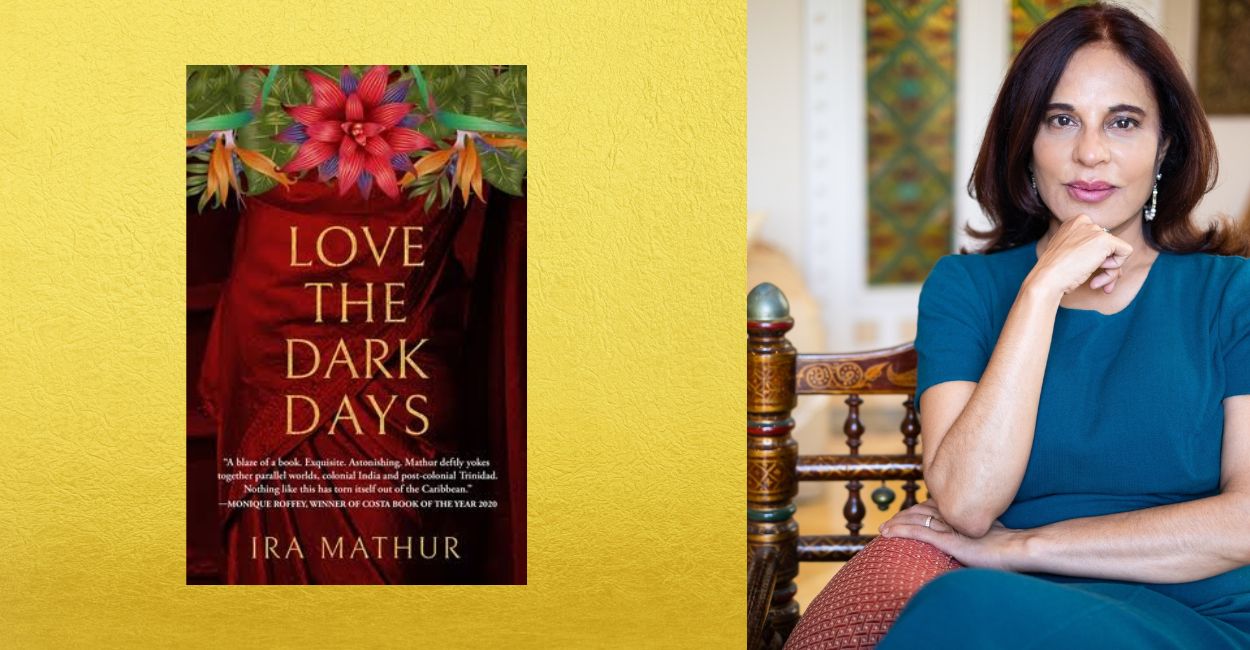Search result for Daily

Letter/Essay
Andrea Dworkin’s Radical Truisms Were Ahead Of Their Time
Andrea Dworkin’s Radical Feminism: Revisiting the Voice That Challenged Power and Patriarchy.

Poetry
Prisoners of Hurry: A Poetic Reflection on Time, Peace, and the Art of Slowing Down
In a world obsessed with speed and productivity, “Prisoners of Hurry” invites readers to pause, breathe, and rediscover the beauty of stillness. This poetic reflection explores how haste steals our peace, our silence, and our connection to life itself — urging us to reclaim time through calm and contemplation.

Poetry
Tone Changes Everything in Pleasures and Pains – Lamp of Hope
Explore a poetic journey of self-discovery and meaningful action. This reflection moves through diverse thoughts, urging you to break artificial barriers, kindle the fire of knowledge, and strive for excellence. It is a call to live with purpose, embrace moral and intellectual beauty, and find the sweetness of life beyond the material world

Interviews
Kathleen Detoro: The Art Behind Breaking Bad’s Costumes
Breaking Bad costume designer Kathleen Detoro discusses plotting Walter White's iconic color arc, the logistics of her craft, and the philosophy behind dressing a character.

Opinion
Drones Above European Airports: Russia Probes, NATO Weakness, Ukraine-Gaza Wars Spark Security Alarm
Unidentified drones over European airports spark fears amid wars in Ukraine and Gaza. Is Russia behind them, or a new commercial ploy? Europe’s security at risk.

Poetry
I Look at the Same Window Twice – A Poem on Friendship, Fear & Reflection
A heartfelt poem exploring the dual nature of a window—daytime friendship and nighttime fear. “I Look at the Same Window Twice” captures the beauty of gulmohar blossoms, haunting shadows, and the fragile line between comfort and dread.

Opinion
Europe’s Rail Privatization Dilemma: Deutsche Bahn, Dutch NS, and the Hidden Costs of Reform
The financial struggles of Deutsche Bahn and Dutch NS highlight Europe’s ongoing railway privatization debate. Can ticket revenues cover infrastructure costs, or do subsidies always return? From state-owned companies like PTT and Postbank to today’s rail networks, Germany and the Netherlands face the same challenge: hidden costs, maintenance backlogs, and government guarantee undermining true transport reform.

Poetry
Two Birds One Stone: Surviving the Daily Grind by Ordinary People
Explore a wide range of examples of the "two birds, one stone" principle. See how combining tasks can boost efficiency in your personal and professional life.






